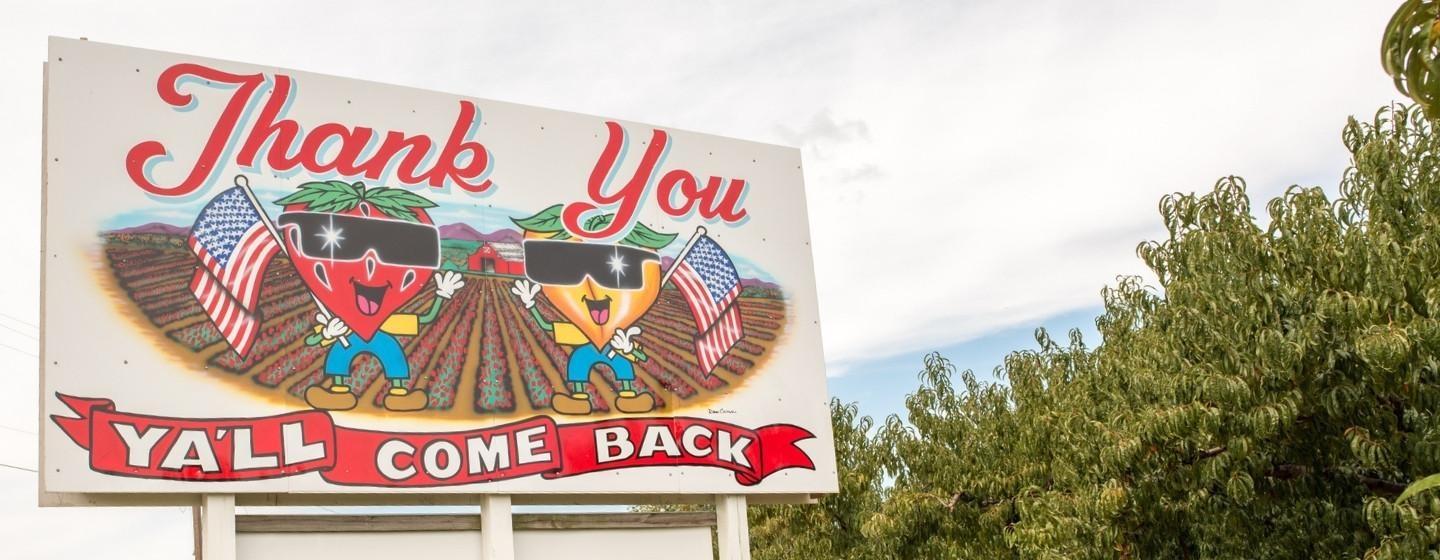Is the Southern Accent Fixin’ to Fade, Y’all?


The Southern accent’s drawl (characterized by extended vowel sounds) and unique phrases have been highlighted and celebrated in movies, plays, TV shows and books as well as conversations between family and friends. You know the words: “bless your heart,” “over yonder,” “fixin’ to,” “hold your horses” and of course “y’all.” The Andy Griffith Show, anyone?
But in a series of research papers looking at three groups of folks (I couldn’t help writing “folks”), scientists show how the Southern accent peaked with baby boomers before experiencing a sharp decline among Generation X and millennial speakers. Researchers from the University of Georgia, Georgia Tech, Brigham Young University and NC State studied Black residents of the Atlanta area, white working-class people in the New Orleans area and people who grew up in Raleigh.
They found that for more than half a century, the familiar Southern accent has been fading. Its disappearance has been subtle, but it shows the rapid social change across the urban South.
“It’s not as though, all of a sudden, everyone said, ‘Let’s lose this Southern dialect,’” said Robin Dodsworth, professor in sociolinguistics at NC State, in a story on the university’s news service from 2015. “So, what caused it to happen? What is the interface between language and society?” Dodsworth’s study focuses on vowel changes in Raleigh. Her research was first published in 2015.
The research for the project began in 2008, when Dodsworth and other researchers started recording hundreds of hour-long sociolinguistic interviews with people who grew up in Raleigh. They used acoustic analysis software to measure just how “Southern” each speaker pronounced their vowels. They then tracked the prevalence of certain linguistic features among Raleigh natives who were born in different decades. For example, the pronunciation of “kid” as “kee-yid,” “prize” as “prahz” and “face” as “fuh-eece.”
Dodsworth found that the vowels of speakers born between 1920 and 1950 were roughly the same. Southern linguistic features, however, started declining in the middle of the 20th century.
The biggest driver for the accent change was Raleigh emerging as a tech hub in the 1960s, especially the arrival of IBM at Research Triangle Park. This corporate migration bought an influx of Northern workers who enrolled their children in local schools, which set up a “dialect contact situation.” Suddenly, children who grew up in households hearing a Southern accent shared classrooms with the kids of IBM workers and started exhibiting a “northernizing trend” that continued to grow as more Northerners moved to the growing Raleigh tech hub.
The study points to several factors contributing to the accent change:
By studying K–12 networks in Raleigh, Dodsworth found correlations between the increasing social diversity of the city and the slow “leveling” of its traditional accents. That also explains why rural areas and even parts of Raleigh that didn’t experience much migration remained Southern sounding.
The researchers say while the Southern accent may be decreasing in urban areas, it won’t be totally lost. There are still plenty of rural areas that don’t experience much migration, which would reduce the accents.
“Language is part of the Southern tradition and culture, and across North Carolina you have all these pockets of linguistic diversity,” said Dodsworth. “These projects are an effort to make our research relevant to people who are proud of their heritage—or insecure about their heritage. We want to help people recognize the cultural value of how they speak.”